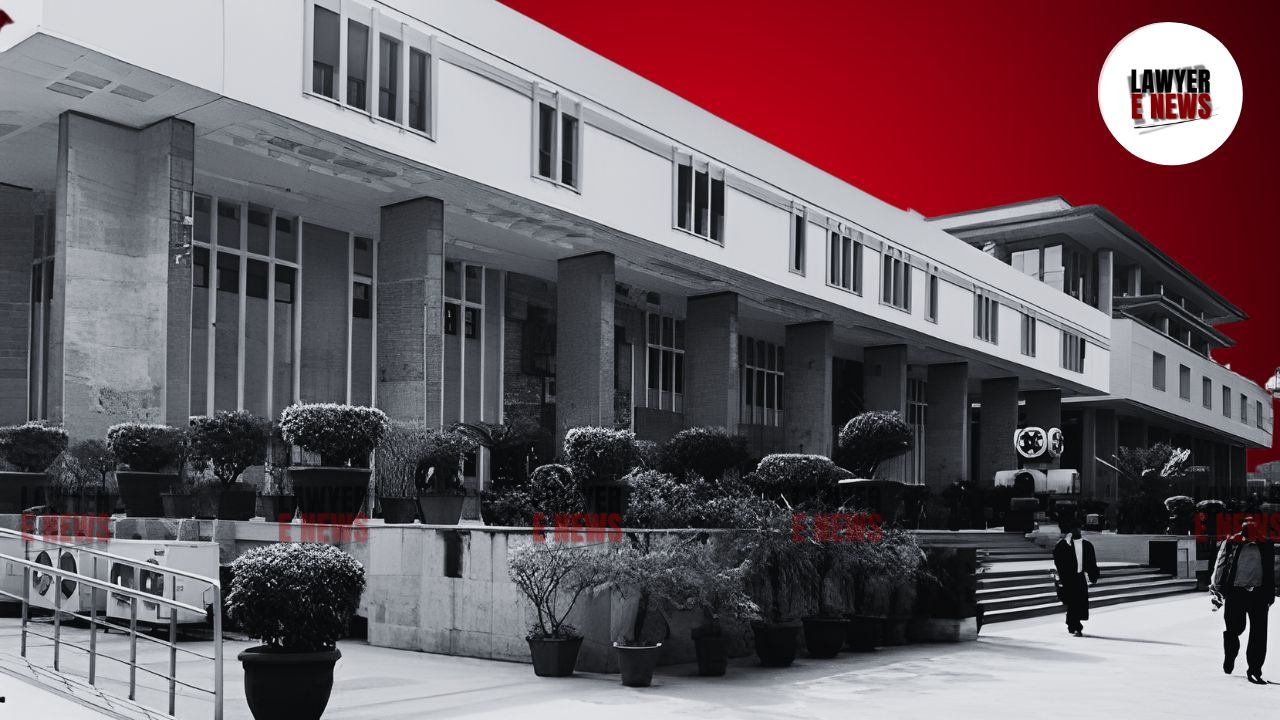-
by sayum
14 February 2026 2:22 PM



The marital discord between Parvin Kumar Jain and Anju Jain began shortly after their marriage in December 1998, leading to their separation in January 2004. Parvin Kumar Jain filed for divorce in May 2004, citing cruelty, while Anju Jain sought interim maintenance under Sections 24 and 26 of the Hindu Marriage Act. Despite various legal wranglings, including appeals and adjournments, the dispute over adequate maintenance persisted, culminating in the present appeals.
The court rejected the husband’s contention that his maintenance obligations ceased with the withdrawal of the divorce petition. It underscored that maintenance applications under Sections 24 and 26 have an independent life and should be adjudicated based on the date of filing, not contingent upon the status of the main divorce petition.
A pivotal issue was whether maintenance could extend to an adult child. The court affirmed that Section 26 of the Hindu Marriage Act allows for continued support for educational expenses even after a child reaches the age of majority. Given that the son was pursuing higher education and was not financially independent, the court upheld the maintenance order until he turned 26 or became self-sufficient.
The court found that Parvin Kumar Jain had concealed substantial assets and income to understate his financial capacity. It highlighted discrepancies in his income declarations and noted significant investments and properties that were not fully disclosed.
The judgment delved into the principles of determining maintenance, emphasizing that maintenance should reflect the standard of living enjoyed during the marriage and the current cost of living. The court referred to previous rulings, reiterating that interim maintenance should be substantial enough to ensure the estranged spouse and children do not suffer undue hardship.
Justice Amit Bansal noted, “The obligation of a father towards his child does not end upon the child attaining majority if the child is still pursuing education and is not financially independent. Maintenance must be commensurate with the lifestyle and needs of the dependent family members.”
The Delhi High Court’s decision underscores the judiciary’s commitment to ensuring fair maintenance for estranged spouses and dependent children, regardless of procedural developments in divorce proceedings. By focusing on the husband’s concealed assets and the ongoing educational needs of the child, the court has set a precedent for comprehensive and fair adjudication in maintenance disputes. The judgment not only resolves the immediate case but also reinforces the broader legal framework governing marital maintenance.
Date of Decision: August 1, 2024
Parvin Kumar Jain v. Anju Jain
